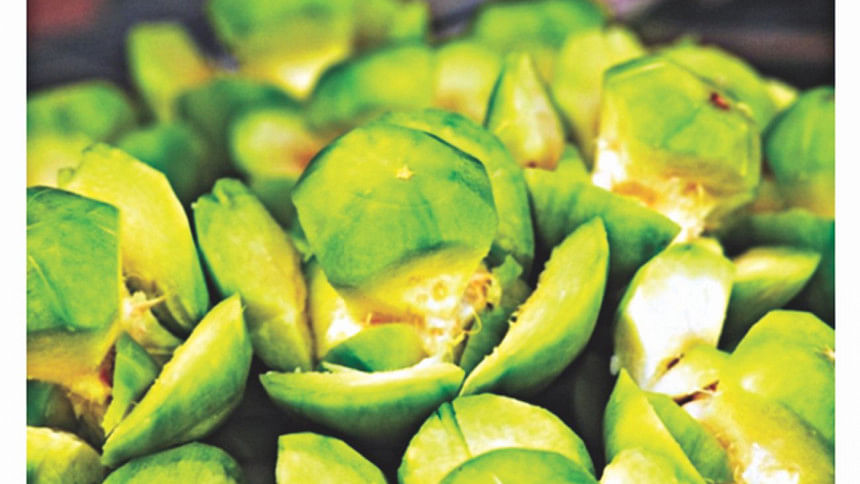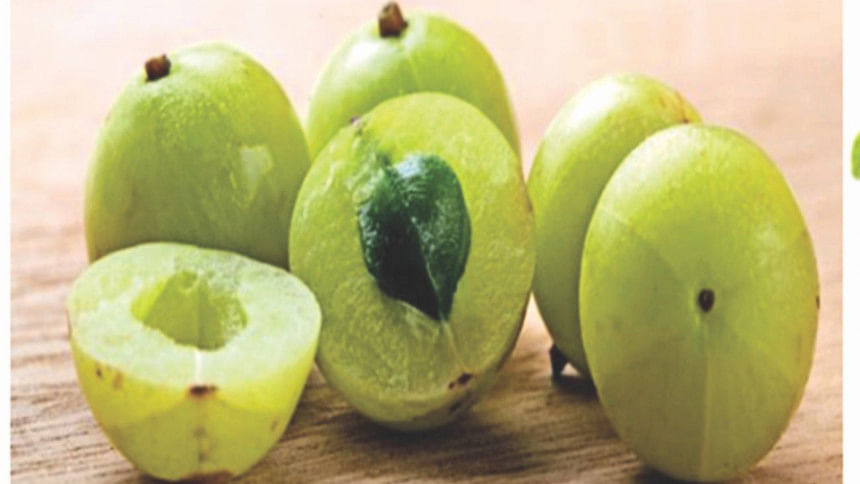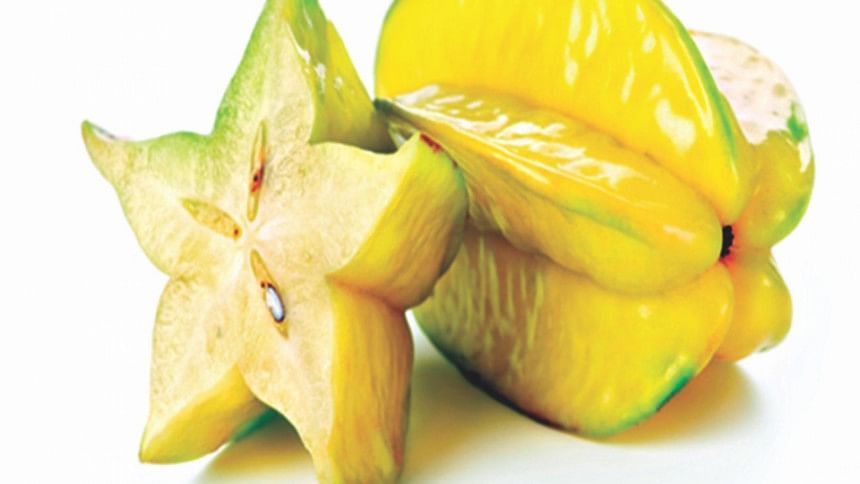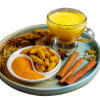Fight the cold with food

As the temperature continues to drop it becomes increasingly challenging to maintain a healthy diet, though we can try to enrich our menu with some winter friendly foods.
Steamy soups speed up the movement of mucus and let it thin out through the nose. It also raises the temperature in our nose and throat, creating an inhospitable environment for viruses. The salt content of the soup's broth helps to prevent dehydration when we have the flu. And the chicken provides protein to help restore and strengthen the immune system through inhibiting white blood cells called neutrophils that are released in huge numbers when we have a cold.
Vitamin C, the powerhouse nutrient and most commonly found in citrus fruits, is an antioxidant that can reduce cold symptoms. 1 to 8 grams (1,000 to 8,000 milligrams) of the vitamin will do the trick, which we can get from citrus fruits, red bell-peppers, broccoli, brussels sprouts, papaya, sweet potatoes, and tomatoes. For some people, high amounts of vitamin C can cause digestive problems but we need not to worry for overdosing. It's very hard to overdose on vitamin C.

Vitamin A is especially important for areas that go haywire when we catch a cold. It maintains the mucous membranes that line our nose and throat. Orange fruits and vegetables, such as carrots and sweet potatoes are rich in beta-carotene. When we eat these foods, our bodies convert this organic compound into vitamin A, which is essential for maintaining a strong immune system.
Warm tea can help with decongestion. All teas contain a group of antioxidants known as catechins, which may have flu-fighting properties.
Oily sea fish are rich in omega-3 fatty acids; compounds that help reduce harmful inflammation in the body. Chronic inflammation prevents our immune system from working properly, and can contribute to colds and flu.
The pungent cloves of garlic contain allicin, a potent antimicrobial that can fend off bacteria, viruses, and fungi. Garlic packs the biggest antioxidant punch when eaten raw. If we chop garlic first and let it stand for 10 to 15 minutes before cooking, this will allow its therapeutic compounds to form.

Ginger is a natural pain and fever reducer and a mild sedative, as it coats our throat, it's a great cold- and flu-friendly sore throat reliever, and its antioxidant and antimicrobial properties help fight infections from viruses, bacteria, and fungi. Cinnamon, coriander, and ginger promote sweating and are often used to help break a fever.
Yoghurt is a probiotic-packed food, and is a good way to replenish beneficial strains of bacteria, which promote digestive health. Whether in food or supplement form—it also lowers the risk of upper respiratory tract infections. Lower levels are associated with a greater risk of upper respiratory infections.
Fluids are often misunderstood in their importance to fight colds and coughs, as bugs thrive in dried-out throats and nasal passages; but drinking plenty of fluids throughout the day can help keep our mucous membranes moist so they're better able to trap viruses. Hot water with a bit of honey (to coat your throat) and lemon (to shrink swollen throat tissues and help kill off virus cells), or adding honey and lemon to tea is helpful.
Sunflower seeds are best natural sources of vitamin E, an antioxidant that protects cell walls from damage; a single one-ounce serving contains 30% of your recommended daily intake which is especially important for the health of our lungs.
Oats contain a type of fiber called beta-glucan, known for its cholesterol-lowering and immune-boosting properties. It also can help prevent upper respiratory tract infection.
Photo: Collected

 For all latest news, follow The Daily Star's Google News channel.
For all latest news, follow The Daily Star's Google News channel. 








Comments